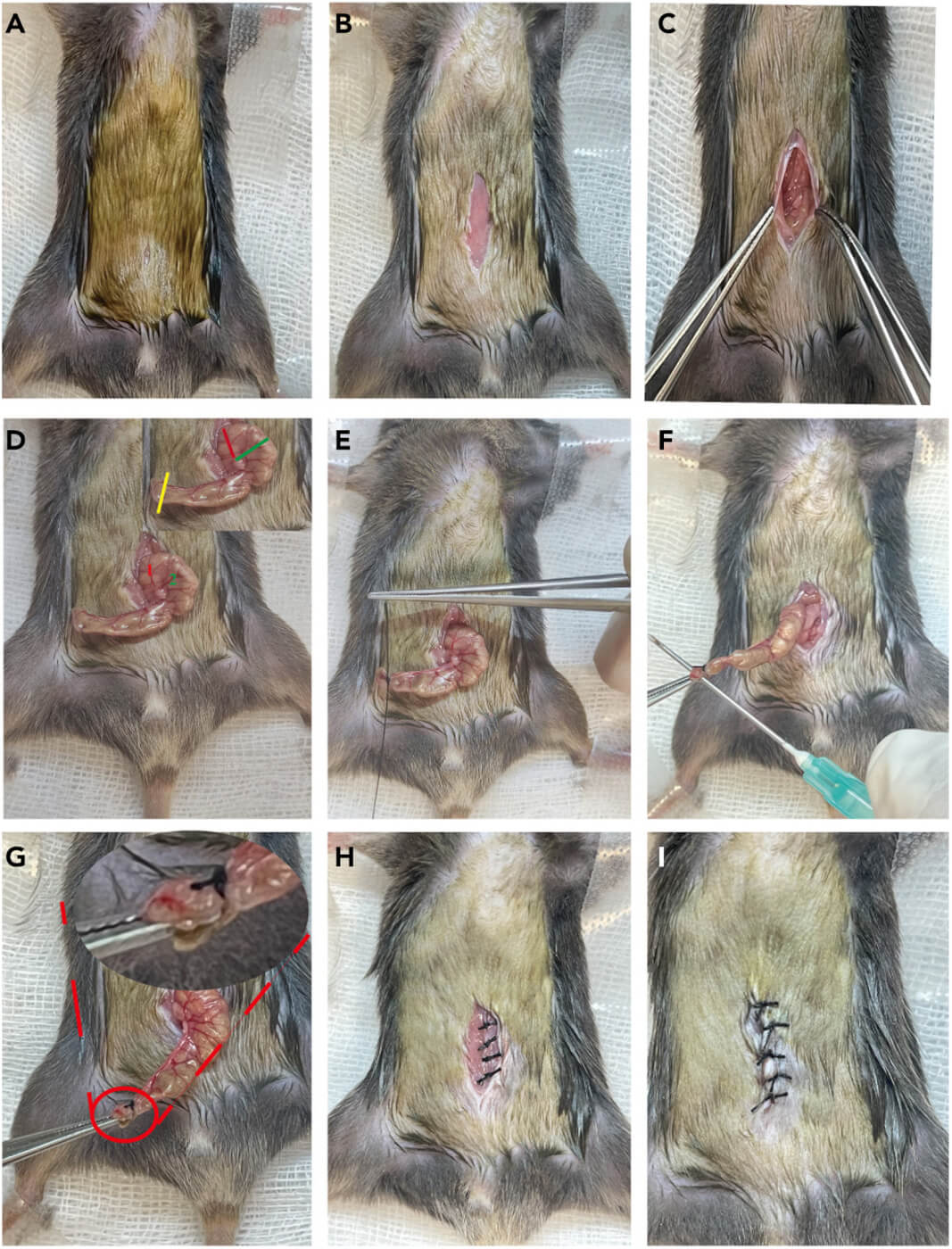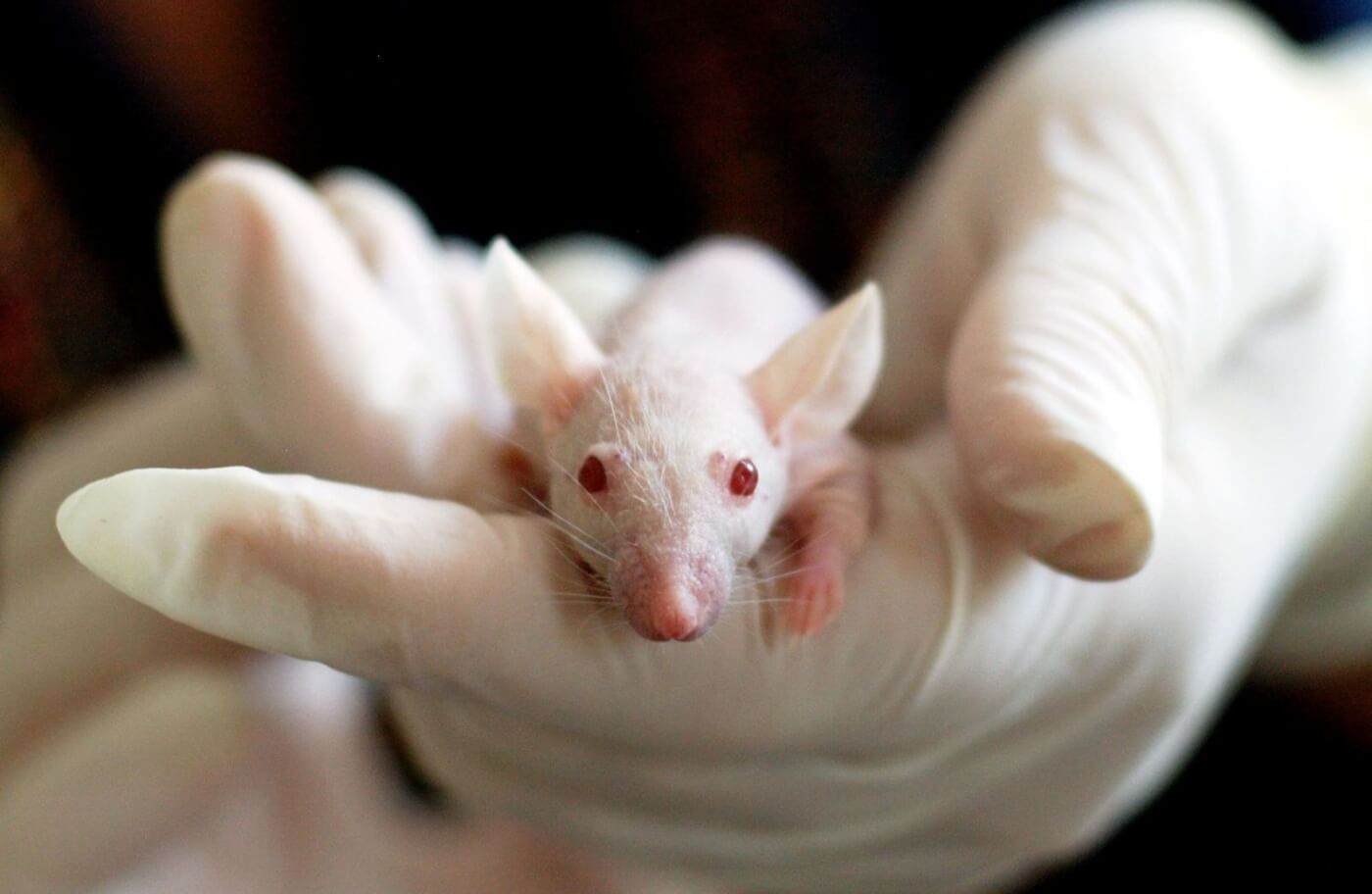Are Human Lives at Risk Due to Research Misconduct in Animal Experiments?
Are your taxpayer dollars funding cruelty and lies? Augustine M.K. Choi, former dean and provost of and current professor at Weill Cornell Medicine, may have fabricated data from experiments on animals for two decades. Now, 10 of his published papers have been retracted from scientific journals after it was determined that images in them may have been meddled with—meaning his findings aren’t credible, the health and well-being of volunteers in human trials based on his experiments could be at risk, and the atrocities he committed on animals in his experiments, including deliberately infecting and purposefully causing inflammation and scarring in the lung tissue of mice, were for nothing.
Despite the numerous retractions, the National Institutes of Health (NIH), which has already provided Choi with $71 million, continues to fund him. PETA is calling for three separate federal agencies to investigate, pull his funding, and prevent him from putting his hands on another animal, human trial, or taxpayer dollar again.
Why 10 Journals Retracted Former Cornell University Dean’s Findings
Choi’s retracted publications were determined to contain either duplicated image panels, spliced images, and/or images from previous publications—all forms of research misconduct. At least four more of Choi’s publications have required corrections, and there are concerns about duplicated or manipulated images in several others connected with him. The papers date back to at least 2002.

Several of Choi’s questionable projects involved painful and traumatizing experiments on living, feeling animals. In some of them, experimenters administered lethal doses of an infectious agent to mice. Others involved force-feeding mice silica particles and puncturing their intestines to induce agonizingly painful sepsis. Choi and his collaborators have also performed invasive sepsis experiments on baboons they deliberately infected with pneumonia—even though it has been known for a decade that sepsis experiments on mice and other animals aren’t relevant to humans. In 2021, PETA filed a first-of-its-kind and still ongoing lawsuit against NIH for continuing to fund sepsis experiments on animals.
Could the Alleged Research Misconduct Affect Humans?
It appears that many of Choi’s now-retracted papers were used to justify trying a new treatment on human patients, which means volunteers may have put their health and well-being on the line based on falsified data.
The retraction of Choi’s papers is a first step, but now officials must protect humans and other animals, cut his funding, carry out a thorough investigation, and release their findings.
Is Research Misconduct Common Among Animal Experimenters?
Choi’s alleged misconduct is just the latest among similar high-profile cases, including those of five animal experimenters affiliated with Harvard University who were caught allegedly falsifying data in early 2024. PETA has previously called on the U.S. Department of Health and Human Services to increase scrutiny on and penalties for experimenters who use vulnerable populations, including nonhuman animals.
These allegations align perfectly with the culture of blunt callousness at Harvard Medical School, where unethical behavior inside its laboratories is business as usual. The school’s resident ethically challenged experimenter Margaret Livingstone makes a living tormenting baby monkeys in pointless sensory deprivation tests.
Livingstone’s experiments include wrenching newborn baby monkeys out of their loving mothers’ arms. She and her underlings have sewn some of the infants’ eyes shut and reared others while wearing welding masks. In both cases, the terrified animals don’t see any faces, human or monkey, for an entire year. After years of torment, she kills many of the monkeys and dissects their brains. She has conducted these types of curiosity-driven experiments for 40 years without identifying a single treatment or cure for humans. Help PETA urge Harvard to end these barbaric experiments:
And even if the results of Choi’s experiments hadn’t allegedly been falsified, it’s unlikely that they would have translated to human conditions, either, as a whopping 95% of all new drugs that test safe and effective in animal tests fail or even cause harm in human clinical trials. If you’re a U.S. resident, please support PETA’s Research Modernization Deal, which provides a strategy for replacing experiments on animals with superior, human-relevant research:


